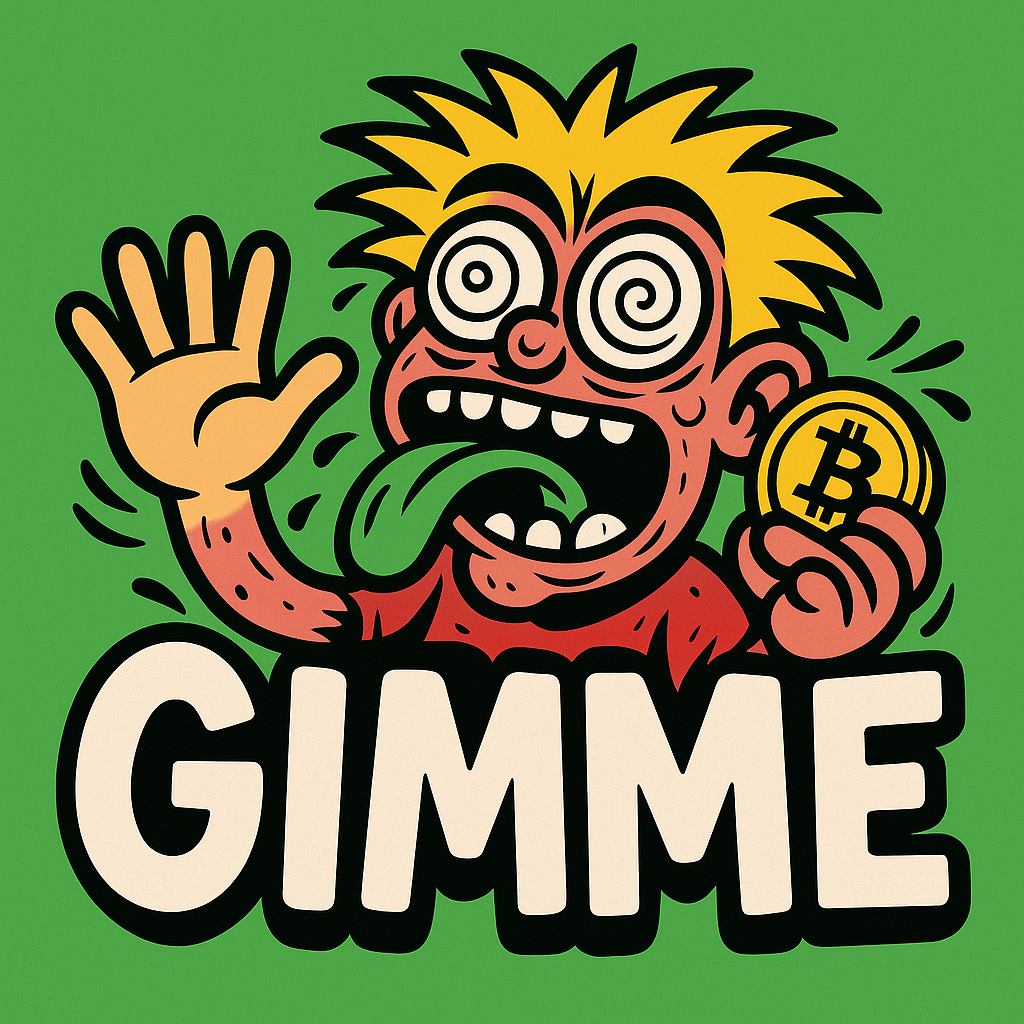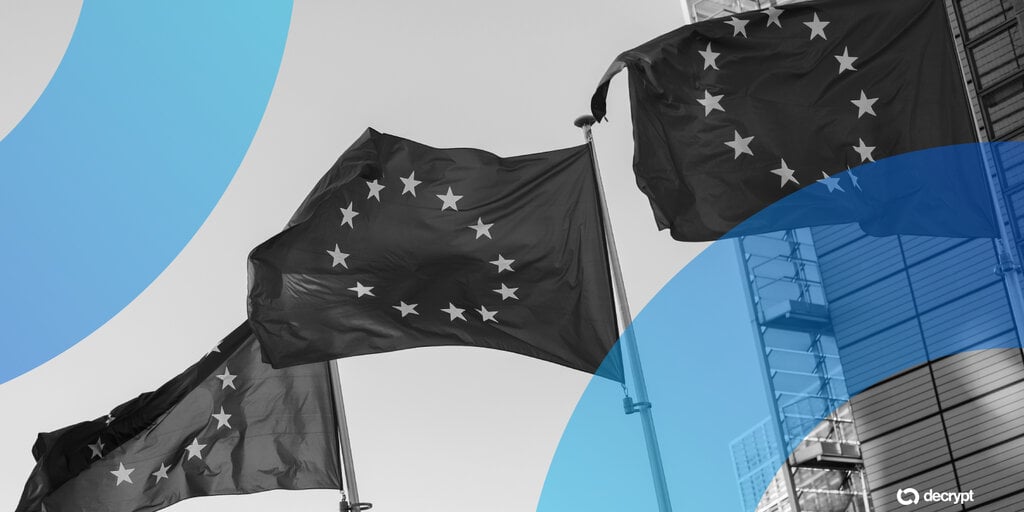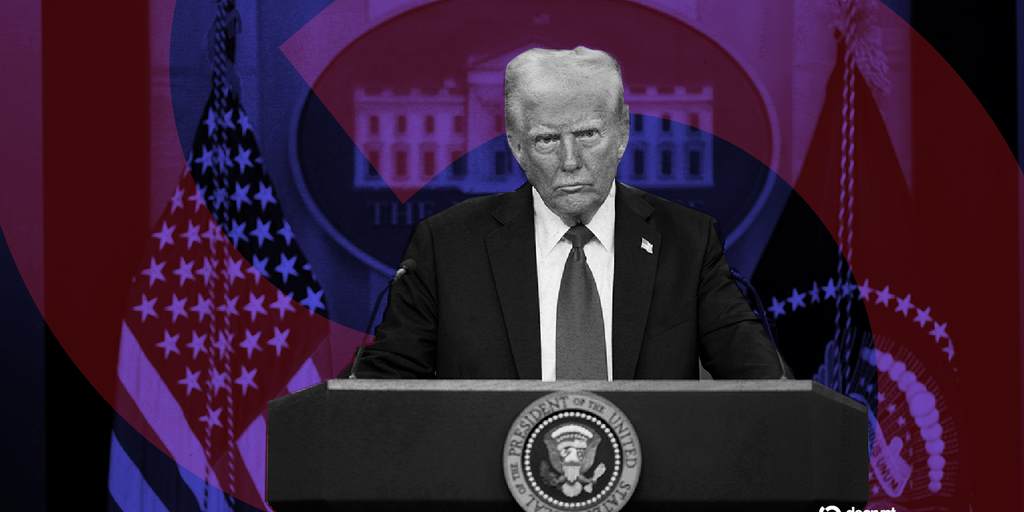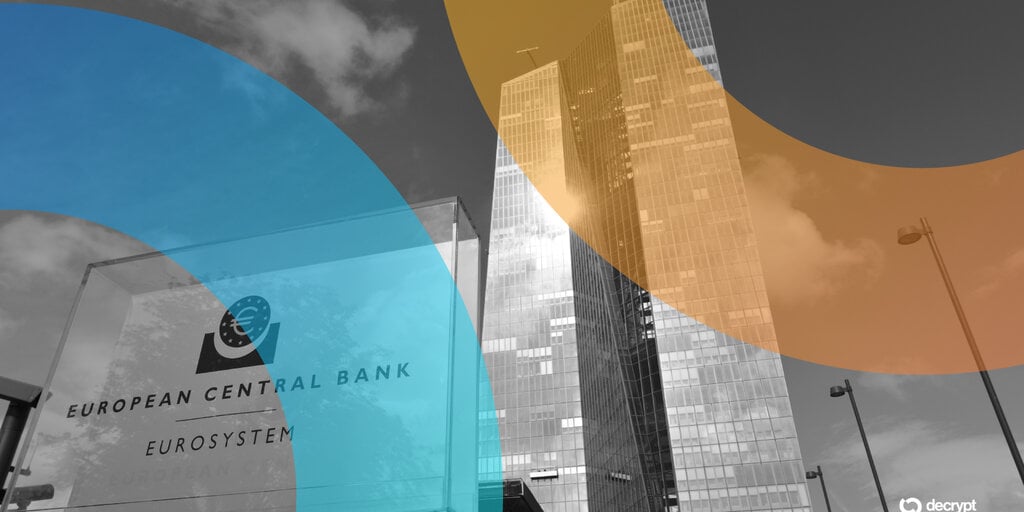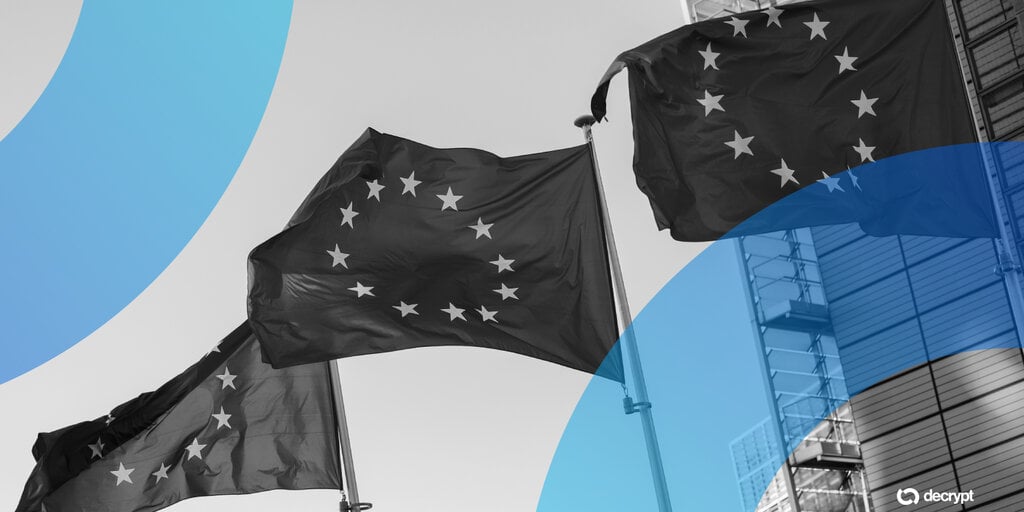
In brief
- The tokenized assets market is now worth about $600 billion globally.
- Europe leads in fixed-income issuance, accounting for more than half of 2024’s total.
- But regulators are trying to strike a balance between innovation and investor protection.
The European Union’s top markets regulator is calling for a balance between financial innovation and investor protection, as tokenization—the digital representation of financial instruments on distributed ledgers—continues to garner interest across global markets.
Natasha Cazenave, executive director of the European Securities and Markets Authority, said Monday the shift in financial markets, driven by distributed ledger technology, holds promise but demands safeguards.
“Tokenization … could lead to a transformational change of our markets,” she said. “For regulators and policymakers, the priority must be to ensure that such innovation develops within a framework that safeguards investors’ interests and preserves financial stability.”
Europe already accounts for more than half of global tokenized fixed-income issuance, which tripled last year to €3 billion ($3.5 billion), according to industry figures.
The global tokenized assets market is estimated to be approximately $600 billion, with growth expected in the years ahead.
In Germany, the finance ministry has piloted digital bonds, while France’s Societe Generale and Spain’s Santander pioneered security tokens for covered bonds as early as 2019. The European Investment Bank issued a digital bond on the Luxembourg Stock Exchange in 2022.
Other jurisdictions are also moving quickly. In the U.S., the first SEC-registered tokenized money market fund launched in 2021. Tokenized funds have surged 80% this year, now representing approximately $7 billion in assets under management.
Tech firms are entering, too. Google recently unveiled an institutional-grade ledger designed to support tokenisation and real-time settlement, underlining how mainstream the trend is becoming.
Other projects have been more controversial.
Robinhood came under fire in July for offering “tokenized stock” in companies like SpaceX and OpenAI. It resulted in backlash from the companies, who said they weren’t involved in the rollout, and SpaceX CEO Elon Musk branded the equity as “fake.”
Most initiatives remain small, illiquid, and experimental, according to Cazanave. Many tokenised equities, for instance, are structured as derivatives rather than direct shareholdings, raising concerns about investor misunderstanding.
“If structured as synthetic claims rather than direct ownership, this can create a specific risk of investor misunderstanding and underlines the need for clear communication and safeguards,” Cazenave said.
To manage the risks, Cazenave said the EU’s DLT Pilot Regime offered a regulatory sandbox where market participants and supervisors could test approaches under controlled conditions.
ESMA has recommended amendments to make the pilot permanent and more flexible, tailoring thresholds and eligible assets to the risks of each business model.
Daily Debrief Newsletter
Start every day with the top news stories right now, plus original features, a podcast, videos and more.
